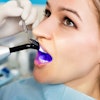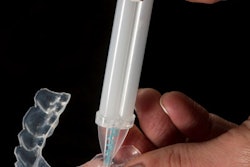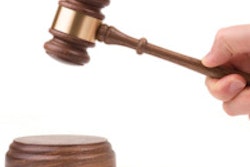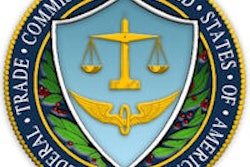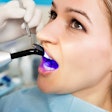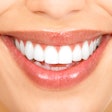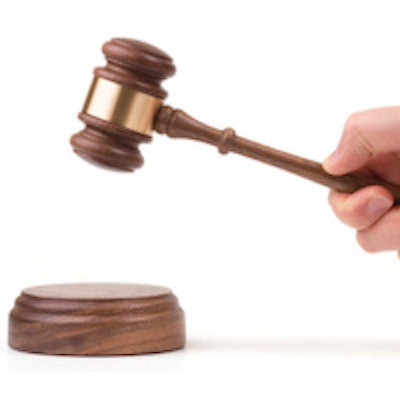
The Alabama Supreme Court upheld a state law restricting nondentists from offering teeth-whitening products and services. The ruling issued on June 5 affirmed an earlier decision that such services are reasonably related to public health and safety.
The case stems from a 2013 lawsuit against the Alabama Board of Dental Examiners by Keith Westphal and Joyce Osborn Wilson, who claimed the law is an unconstitutional attempt by the state's 3,600 dentists to create a monopoly and an illegal restriction on business. The plaintiffs argued that the teeth-whitening agent they sell is available over the counter, and they do not apply the product to the customer's teeth but merely assist the customer in doing so.
In October 2014, an Alabama judge ruled the sale of teeth-whitening products and services constituted the practice of dentistry as defined by the state's Dental Practice Act, and the law's restriction on teeth-whitening is "substantially related to public health and welfare."
Potential adverse effects
In the ruling, the Alabama Supreme Court noted that some people have been injured by whitening chemicals, including peroxide burns and tooth sensitivity.
"Teeth whitening is a form of dental treatment that requires the application of a chemical bleaching agent directly to the customer's teeth. The evidence in the record indicates that the procedure is relatively safe but that it is not without potential adverse effects," according to the decision written by Justice James Allen Main.
 Attorney Paul Sherman.
Attorney Paul Sherman.However, an attorney for the Institute for Justice (IJ), a U.S. civil liberties law firm that has filed several lawsuits on behalf of nondentists on the issue, said the ruling allows self-serving attempts by dentists to create a monopoly in the lucrative business.
"If you can buy and use these products at home with no prescription, no supervision, and no instructions, you should be allowed to apply these products to your own teeth at a mall or salon." IJ attorney Paul Sherman told DrBicuspid.com. Sherman represented Westphal and Wilson in the lawsuit.
Sherman noted the Alabama dental board's own expert conceded that the safety of applying teeth-whitening products to an individual's own teeth at home is no different than the safety of applying these products to their own teeth at a mall or salon. Sherman noted that testimony isn't mentioned in the opinion, and he is requesting the court to rehear the matter.
Cases differ
The ruling appears to contradict a February ruling by the U.S. Supreme Court, which held that the North Carolina state violated federal antitrust law when it directed nondentists to stop offering teeth-whitening services to their customers. That ruling upheld a complaint by the Federal Trade Commission (FTC), which said the actions of the North Carolina Board of Dental Examiners deprived consumers of the benefits of price competition and a choice of services.
“If you can buy and use these products at home with no prescription, no supervision, and no instructions, you should be allowed to apply these products to your own teeth at a mall or salon.”
The FTC argued that although state entities are usually exempt from federal antitrust laws, the exemption did not apply because the board was not actively supervised by the state and it was made up of self-interested private businesses.
Sherman said the two cases differ because the North Carolina case concerned antitrust claims, and antitrust laws don't apply to state statutes such as Alabama's law.
Alabama's Dental Practice Act was amended in 2011 to expand the definition of "practice of dentistry" to include a person who performs teeth bleaching. Violations of Alabama's law are punishable by up to $5,000 in fines or a year in jail per customer.
Since 2005, at least 14 states have changed their laws or regulations to exclude all but licensed dentists, hygienists, or dental assistants from offering teeth-whitening services, according to the IJ. In addition, at least 30 state dental boards have ordered teeth-whitening businesses to shut down, while nine states have brought legal actions against such businesses.

